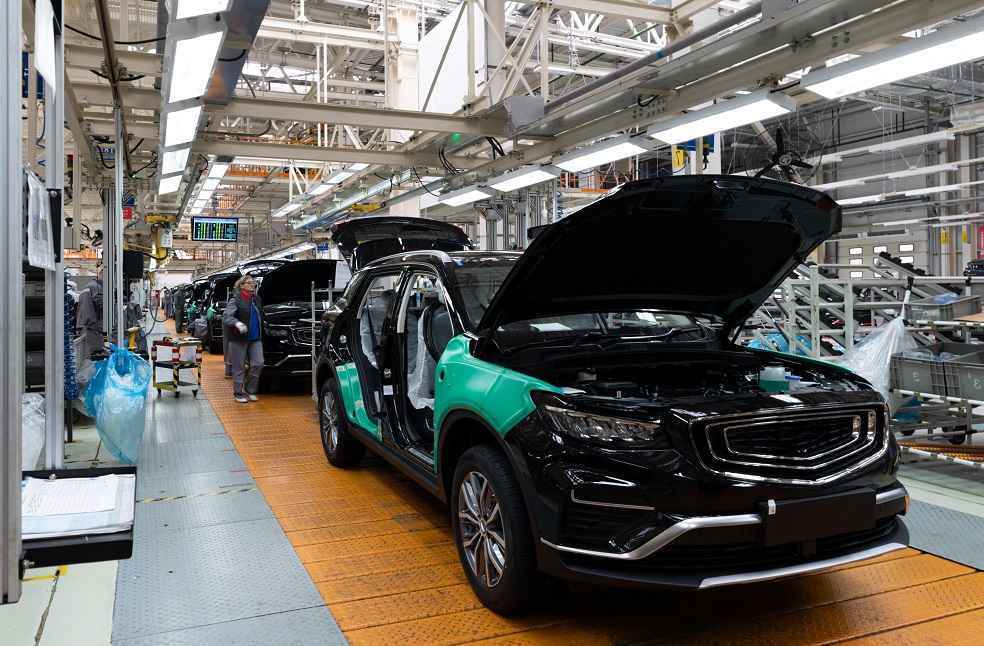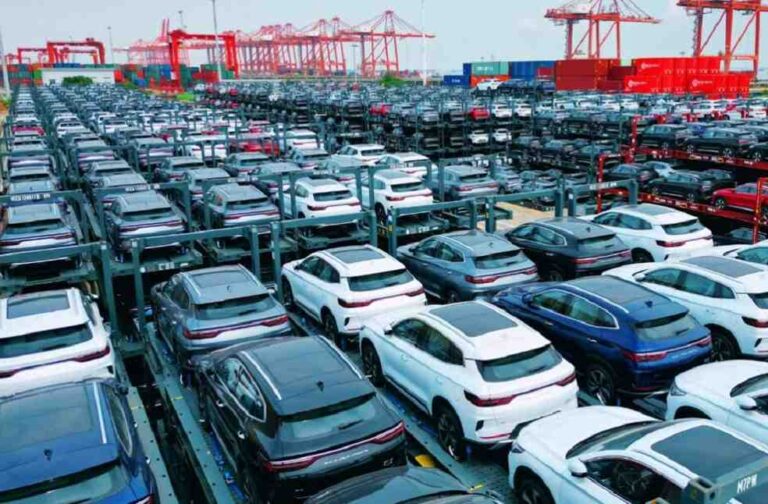Canadian Prime Minister Mark Carmey declared a 25% tariff on U.S. vehicle imports that fall outside the provisions of free trade agreements.
Carney stated that Canada would soon enforce a 25% counter-tariff on U.S. car imports that fail to meet CUSMA regulations.
According to Carney’s spokesperson, Emily Williams, about 10%—equivalent to 67,000—of vehicles imported from the U.S. last year failed to meet CUSMA standards, amounting to an estimated value of $3 billion.
Under CUSMA, a vehicle must be comprised of at least 75% North American content to qualify for a tariff exemption.

Carney clarified that, unlike the U.S., Canada will not apply tariffs to U.S.-made vehicle parts entering the country through the highly integrated U.S.-Canada-Mexico auto manufacturing supply chain.
He projected that the new border levy would generate $8 billion annually, pledging to allocate these funds to support workers and businesses affected by the ongoing trade conflict with the U.S.
After announcing reciprocal tariffs, Carmey criticized the U.S. tariffs on automobiles as “unjust” and remarked that the “global economy has changed considerably.
On Thursday, the United States implemented 25% tariffs on Canadian automobiles, directly impacting the auto industry and over 500,000 Canadians employed in the sector. Additionally, the U.S. plans to impose 25% tariffs on specific automobile parts by May 3.

The auto tariffs mark the third round of border duties imposed by the United States on Canada.
Canadian Conservative Leader Pierre Poilievre pledged to eliminate the federal sales tax on Canadian-made vehicles and urged provinces to follow suit with provincial taxes. He also promised $3 billion in short-term credit lines and low-interest loans to support workers and businesses impacted by the trade war. Poilievre emphasized that removing the GST on a $50,000 Canadian-made car would save buyers $2,500, boosting demand and preserving jobs.
EV WORLD | India to Cut EV Tariffs, Opening Market to Global Automakers





